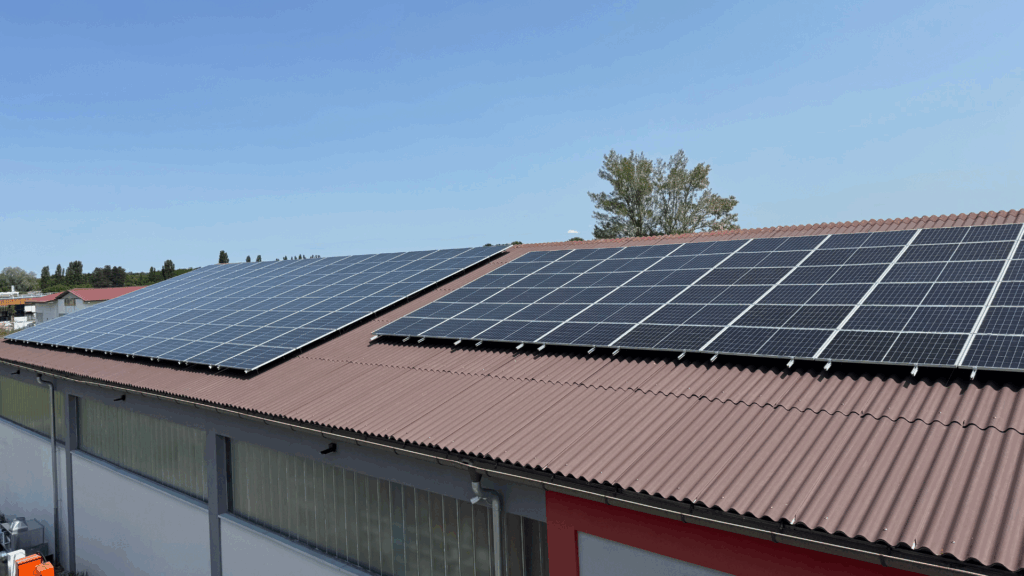Sustainability at Schicker: Our commitment to a green future
At Schicker, we place great emphasis on sustainable practices, not only because they are environmentally friendly, but also because they form the basis for responsible action in today's world.

Some of our most important sustainable measures
We are actively committed to conserving natural resources and reducing our ecological footprint through a variety of initiatives. Here are some of our most important sustainable measures to date:
Focus on energy saving
Through proper maintenance and the selection of the best components in our installations, we help our customers to sustainably reduce their energy consumption. Our experts specialize in optimizing existing systems as well as implementing energy-efficient new installations.
Electrification of our vehicle fleet started
We have taken the first step towards a greener fleet by starting to replace vehicles with electric ones. Even though full electrification currently poses some challenges - particularly due to unpaved construction sites that make it difficult to use heavy electric vehicles - we are determined to continue on this path. We actively and regularly keep ourselves informed about new technologies that make it possible to use renewable energy sources in our vehicles.
Installation of environmentally friendly solutions
In all our projects, we integrate materials and systems that are not only of high quality but also ecologically sound. This includes the use of energy-efficient heating and sanitary systems that reduce energy consumption and increase living comfort at the same time.
PV system with 70kWp on our roof
Through proper maintenance and the selection of the best components in our installations, we help our customers to sustainably reduce their energy consumption. Our experts specialize in optimizing existing systems as well as implementing energy-efficient new installations.
Our company heats with renewable raw materials from our own forest
Unfortunately, even 70kWp of photovoltaics is not enough to keep our company site warm in winter. That is why our company heats with wood chips from our own forest. This means that our site is largely independent of fossil fuels.
Frequently asked questions
We will be happy to answer all your questions in a friendly phone call or by e-mail.
Contact us nowWhat can I do to reduce my energy consumption?
There are several measures you can take to reduce your energy consumption in the long term. These include
- Heating optimization: Have your heating system serviced regularly and optimize the settings to minimize energy consumption.
- Install energy-efficient appliances: Replace old appliances with modern, energy-efficient alternatives that use less electricity or gas.
- Use of renewable energies: Find out about photovoltaic systems or other renewable energy sources to generate your own electricity.
- Conscious use of resources: Make sure you use energy responsibly, e.g. by avoiding unnecessary heating or use of light.
We offer individual consultations to help you switch to an energy-efficient infrastructure. Contact us for more information!
What is Schicker doing to reduce the company's ecological footprint?
We have launched several initiatives to minimize our ecological footprint. These include the installation of a 70 kW photovoltaic system on the roof. We are also gradually electrifying our vehicle fleet, focusing on environmentally friendly solutions and energy-efficient assembly. Another focus is on the energy optimization of our installations to help our customers reduce their energy consumption.
How can I ensure that my heating and sanitary systems work efficiently?
Energy efficiency starts with proper maintenance. We recommend having heating systems serviced annually to ensure they are working efficiently and any potential problems are detected early. You should also regularly check all plumbing systems for leaks and look for signs of leaks or malfunctions. Replacing outdated components with newer, energy-efficient appliances can also lead to significant energy savings.